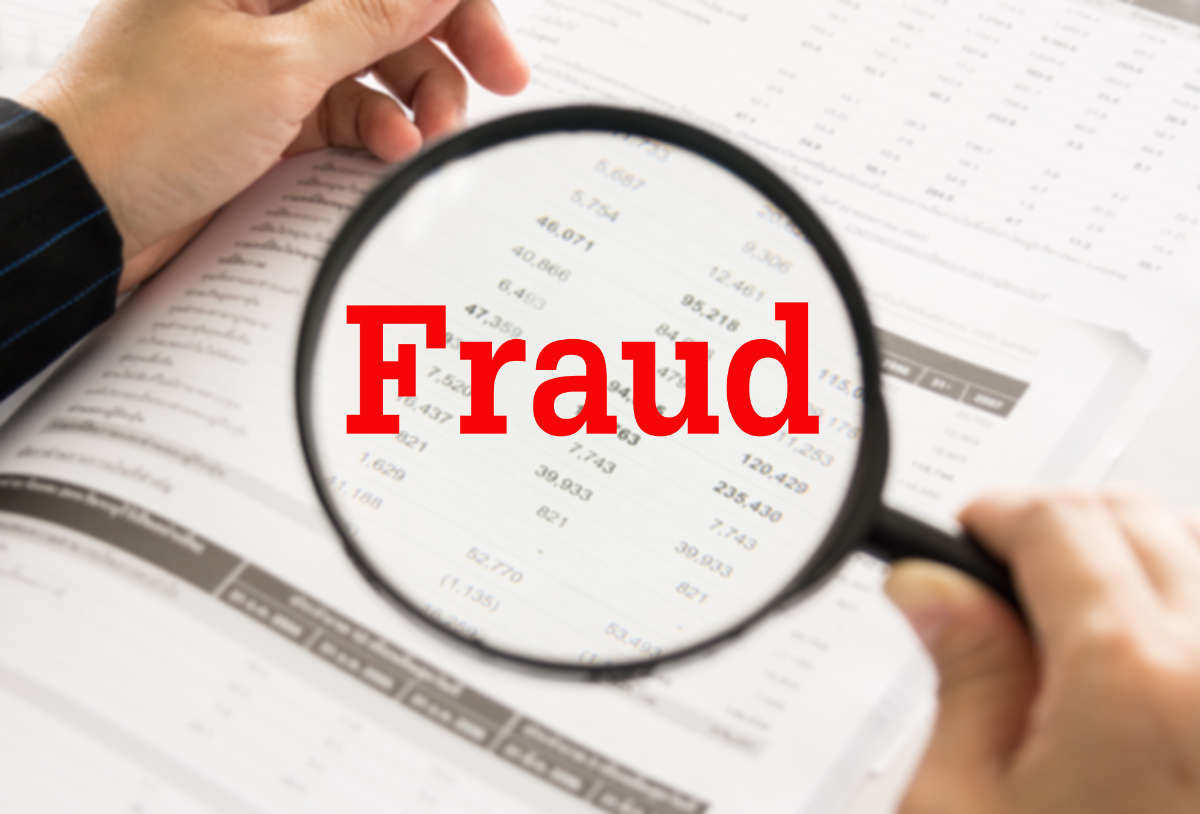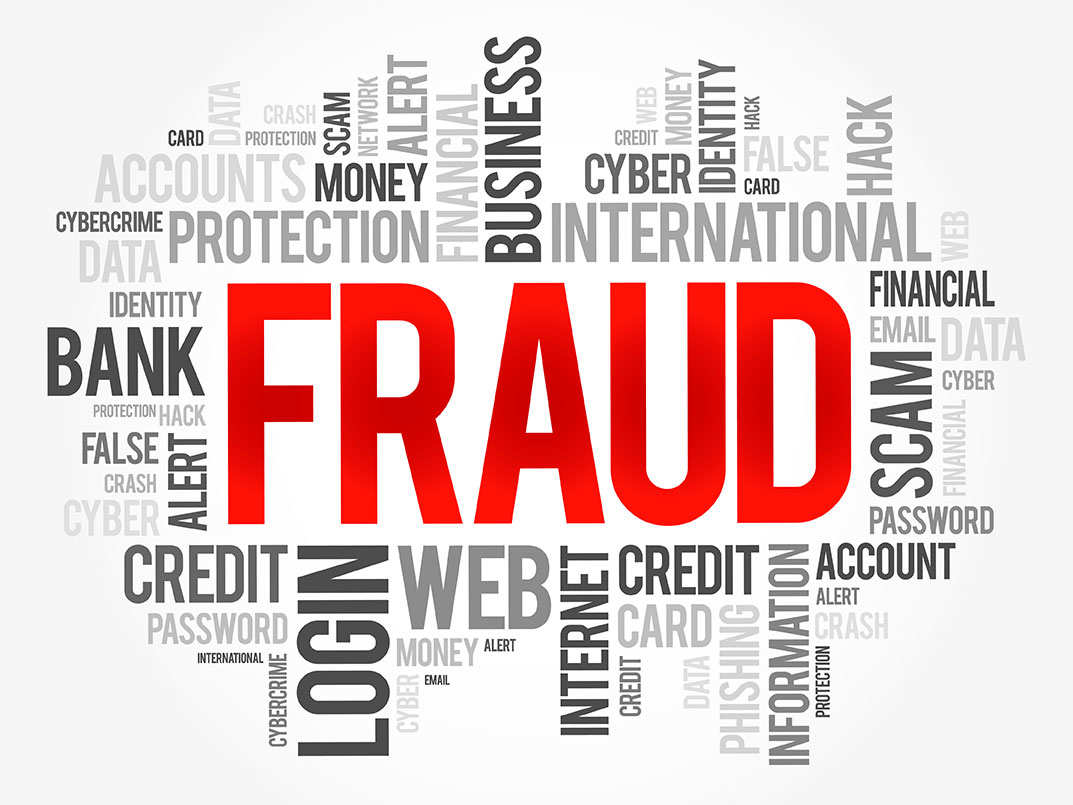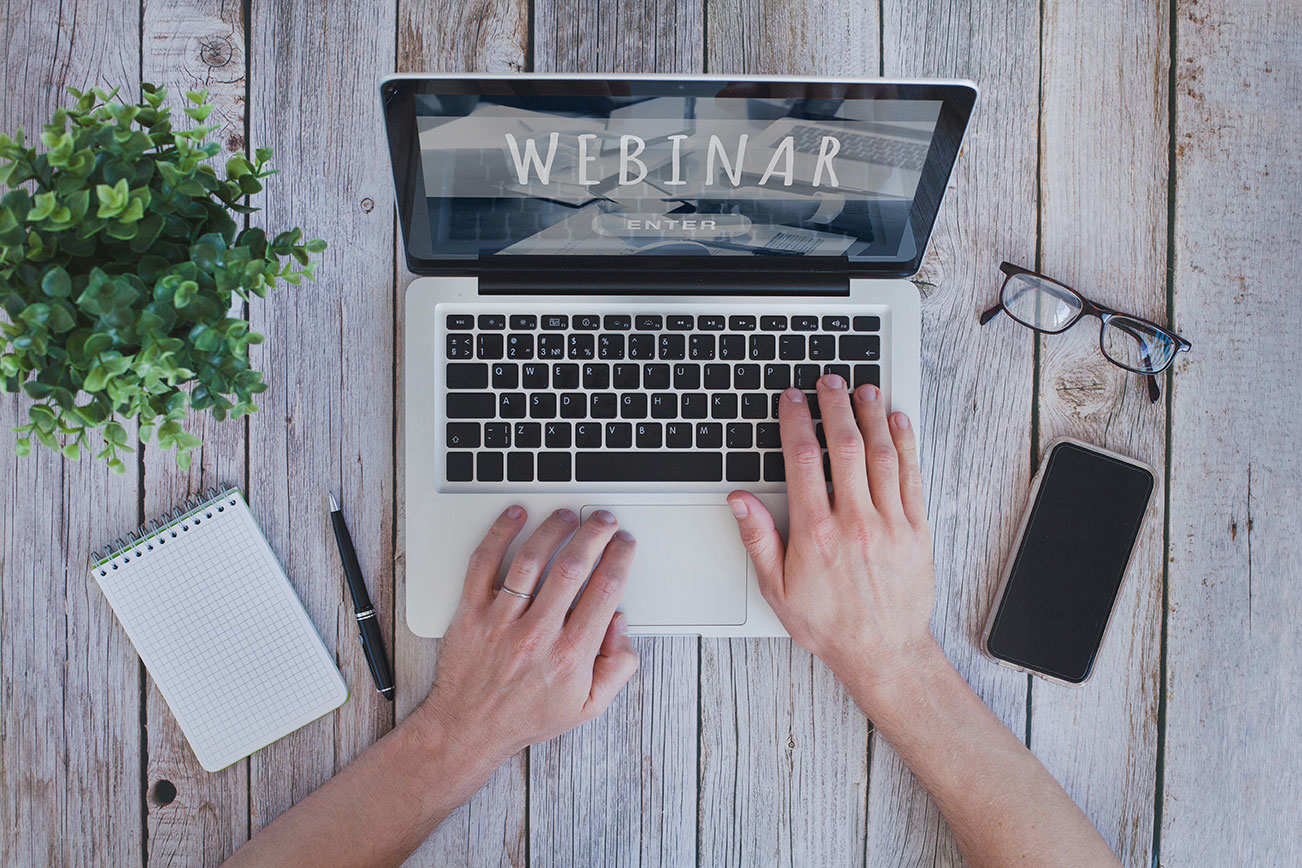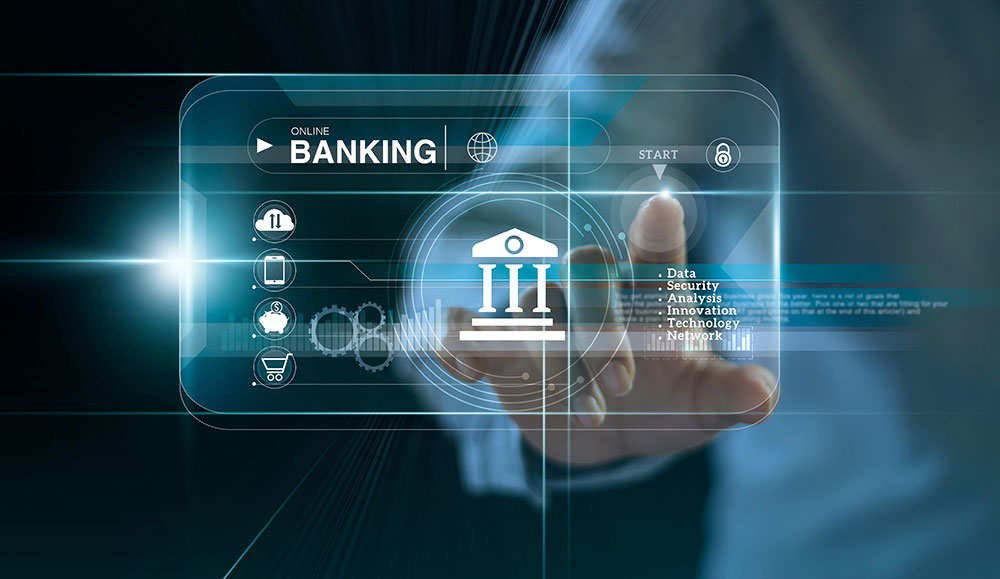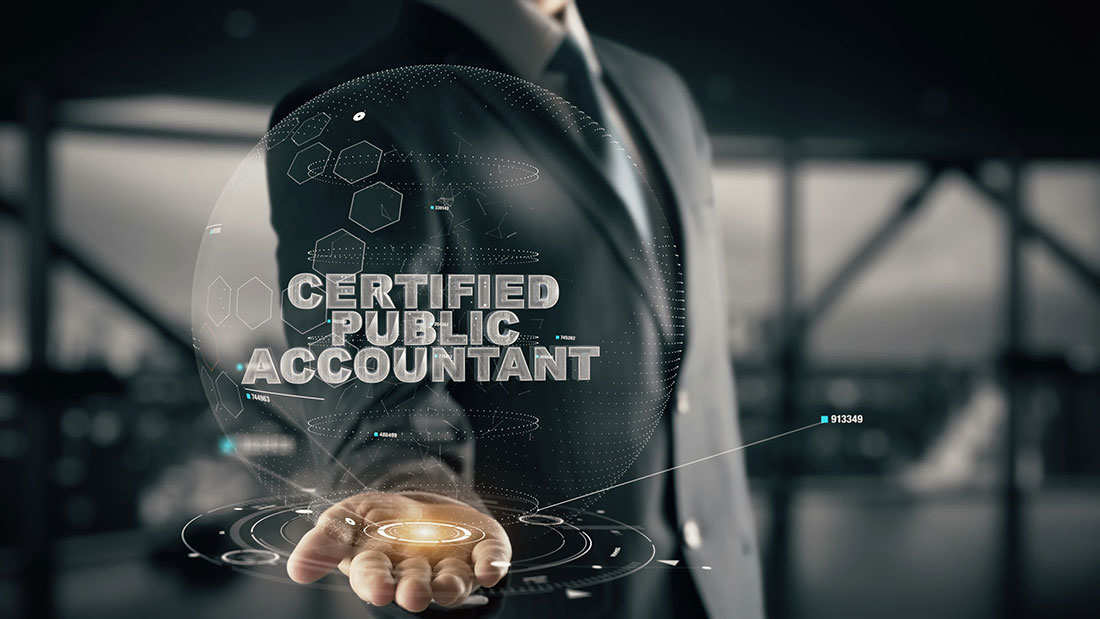How to Make Your CPA’s Job Easier
November 18, 2021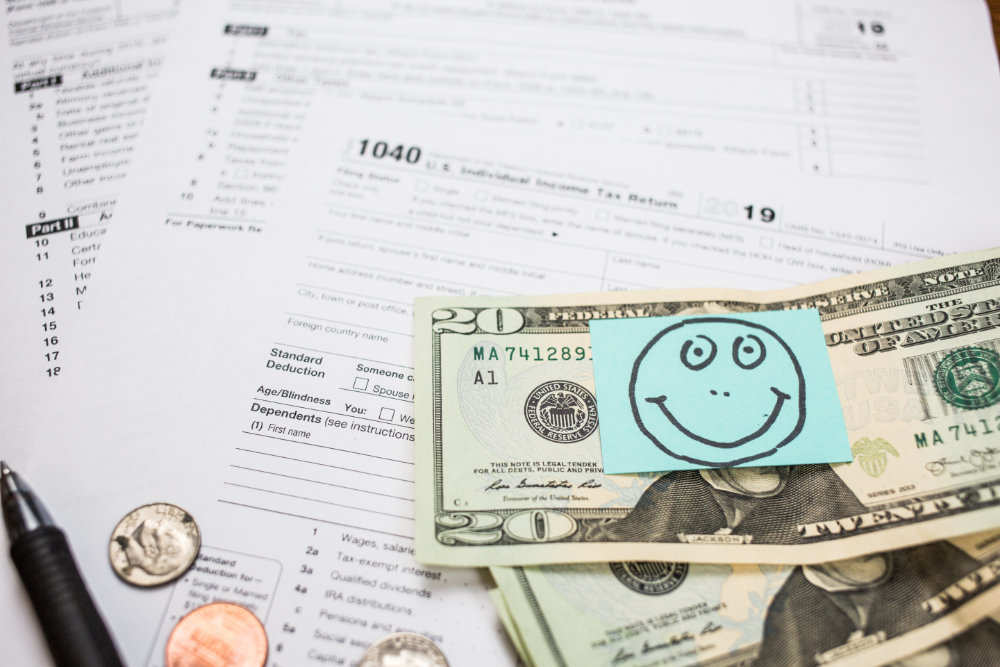
While your CPA may seem as if they are a superhero at tax time, that doesn't mean they look forward to having to wade through a complex mess of receipts and other documents. Remember, the harder you make the job of your CPA, the less efficient the entire process will be. To keep things running smoothly, here are some ways you can make your CPA's job easier.
Be Honest
First of all, your CPA will appreciate you being honest. While there's certainly no harm in wanting to pay as little in taxes as possible, being dishonest about your financial situation is a recipe for disaster. Once you go down this path, it's only a matter of time before you're getting an IRS notification regarding an upcoming audit or other issue. Should this occur, honesty and your CPA are all that will be standing between you and the federal government.
Keep Excellent Records
If there is one thing any CPA loves to see, it is a client come into their office carrying excellent records. Not only does this make the job of your CPA easier when preparing your taxes, but it also increases the chances you will get the biggest refund possible, or at a minimum pay only the taxes you need to pay. Also, having well-kept records means your CPA may be able to get your taxes prepared quicker than you anticipated.
Be Responsive to Your CPA
In many instances, your CPA will contact you because they need additional information and documents. When this happens, always try to respond as fast as you can to their requests. If you fail to do so, you not only delay getting your taxes done, but you also then have your CPA possibly having to delay the work of other clients as well, especially if your situation is rather complex. Since your CPA works hard to make your life easier, give them the same courtesy.
Take Their Advice
Since your CPA has years of education, training, and experience, the advice they give you can always be trusted. This is especially true should you be facing a situation with the IRS, which can often quickly derail should you choose to ignore your CPA's advice and do what you think is best. Unfortunately, this strategy usually results in only more problems for you and a tougher road ahead for your CPA. Therefore, make your CPA's job easier by listening to their advice and doing as they say when dealing with the IRS or other situations.
Save Everything
When your CPA is filling out your tax returns or performing other complex tasks regarding your finances, they will need as many receipts and other documents as possible. Therefore, you can make their job easier and ensure your taxes will be accurate by saving every piece of paper you can related to your expenses. Whether it's a receipt, letter from the IRS, or other document you received somewhere along the way, hanging onto anything and everything will benefit you and your CPA.
Work with Your CPA Year-Round
If you rely on a CPA to prepare your taxes, make their job easier by working with them year-round. When you don’t, and assume you can walk into their office on April 14 and get your taxes prepared and your questions answered in the best possible way, you may find out it won't go as planned. Whether you are discussing new tax strategies, expenses related to your business, or other financial issues, keeping in touch regularly with your CPA will be the smart way to go.
Use Your Client Portal
For many clients, a CPA will have a client portal that can be used to send documents, messages, and more back and forth electronically. If you have access to such a feature, make excellent use of it. Unfortunately, many people fail to use this technology, making it needlessly harder for their CPA to get vital information needed for tax returns or other situations. By checking your client portal regularly and responding to messages promptly, you'll avoid miscommunication and have a much more accurate tax return.
Don't Take Out Your Frustrations
If you have had a tough year financially or are facing a situation with the IRS, it won't benefit you or your CPA if you use them to take out your frustration. Remember that since your CPA must follow the rules and regulations set forth by state and federal governments, there is only so much they can do in most cases. Therefore, rather than vent your frustrations, choose instead to have in-depth discussions with your CPA as to how your situation can best be resolved.
Sign Electronic Filing and Bank Account Verification Forms
When you want your CPA to file your taxes electronically and ensure any refunds you receive are deposited into your bank account, they cannot do so until you have signed the Electronic File Authorization and Bank Account Verification forms required by the IRS. Until you complete these tasks, your CPA will be in limbo, as will your tax returns and that refund you have been anticipating.
You'll Reap the Benefits
Last but not least, you'll reap plenty of benefits by doing all you can to make your CPA's job easier. But perhaps best of all, you will develop what will likely become a long-lasting relationship with a knowledgeable financial professional you know and trust.
By organizing your records, saving receipts, signing various forms for electronic filing and bank account verification, and taking these and other things into consideration, you'll soon find the job of your CPA becomes easier by the day.

